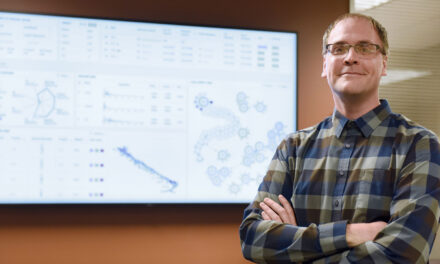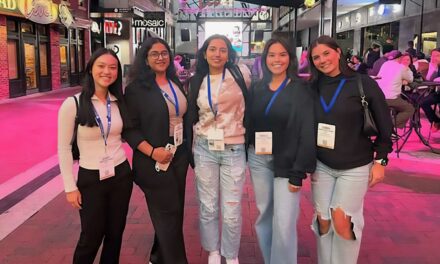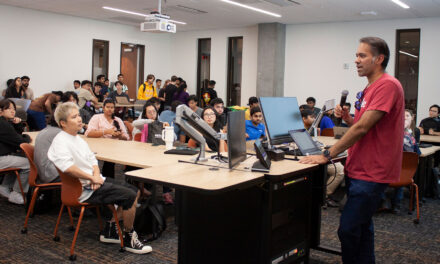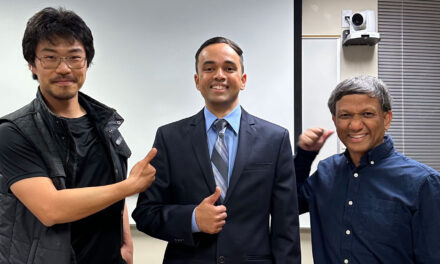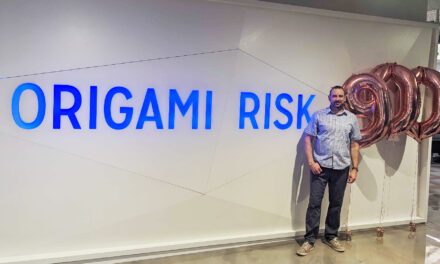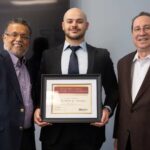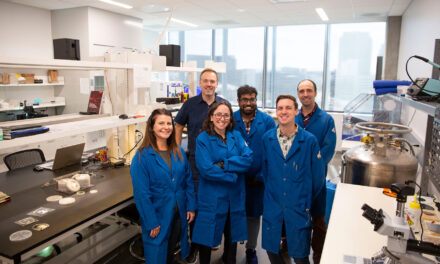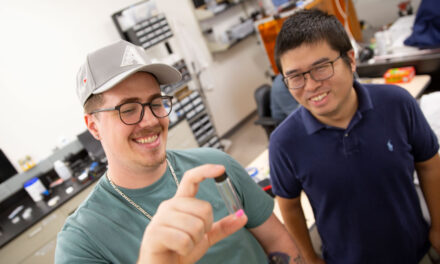
Advances in three-dimensional computer modeling to get boost from NSF CAREER Award funding
March 22, 2007
Peter Wonka, an assistant professor in the Ira A. Fulton School of Engineering’s Department of Computer Science and Engineering, has received the National Science Foundation (NSF) Early Career Award. The prestigious award recognizes young scientists and engineers who show potential for leadership and advancing knowledge in their research fields.
The award brings a five-year, $400,000 grant that Wonka and his research team will use to work on a project entitled “Constrained Procedural Urban Modeling” to develop “three-dimensional urban models for application in urban planning, simulation and training programs, movie production techniques, computer games and virtual heritage,” Wonka explains. Virtual heritage involves developing digital reconstructions of buildings that have historical and archaeological value.
The team will seek to produce high-quality virtual models of large urban environments that can be used to visualize cities in three dimensions. A user can navigate and edit the models in real-time.
After two years as a post-doctorate researcher at the Georgia Institute of Technology, Wonka joined the computer science and engineering faculty in 2004. He earned his Ph.D. from the Vienna University of Technology in 2001.
Wonka’s principal areas of teaching and research include various aspects of computer graphics, particularly real-time rendering and procedural modeling, visualization and applications of visualization and graphics.
While at Georgia Tech, he was twice awarded the Erwin Schroedinger Fellowship for postdoctoral work in computer graphics. Wonka’s research is conducted through the Partnership for Research in Spatial Modeling (PRISM) lab, a research center affiliated with the School of Computing and Informatics in the Fulton School of Engineering.
Wonka is one of three computer science and engineering faculty members who have received the Career Award this past year. Karamvir S. Chatha is in the process of working on research that will improve the performance of next-generation microprocessors and Hasan Davuclu received a grant to create a formal policy specification language and methodology for computer software that helps people schedule and automate consumer tasks.



